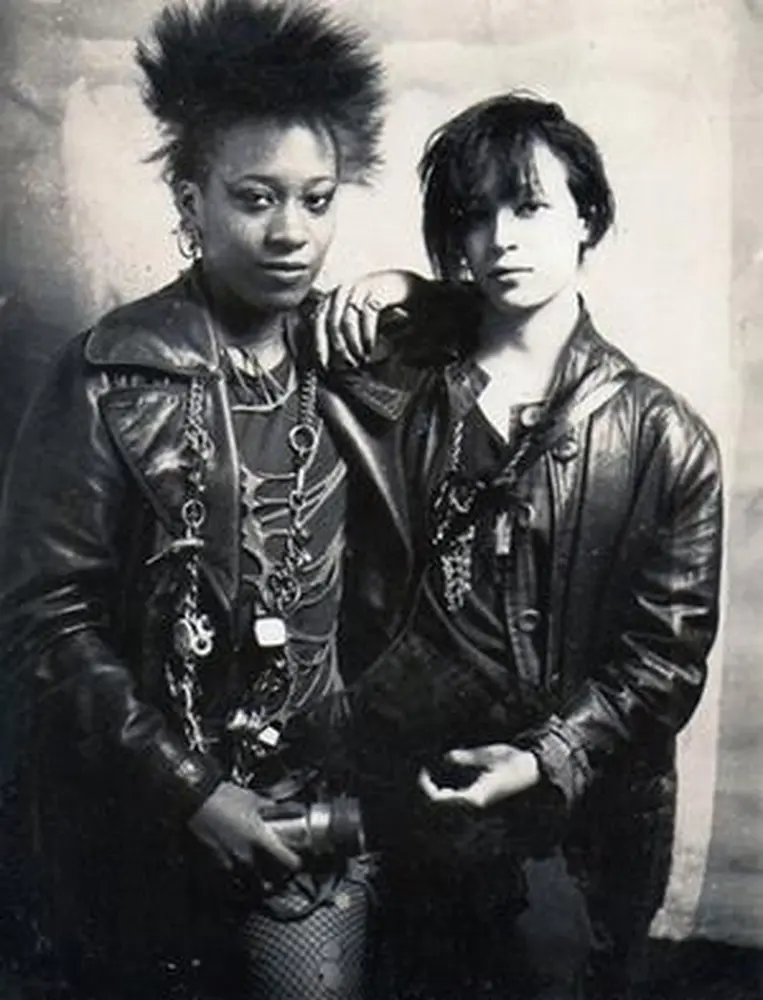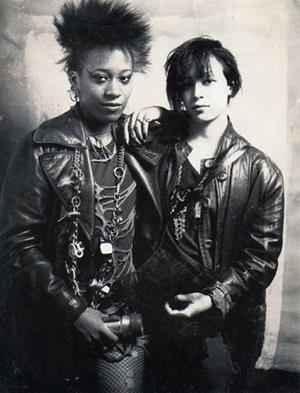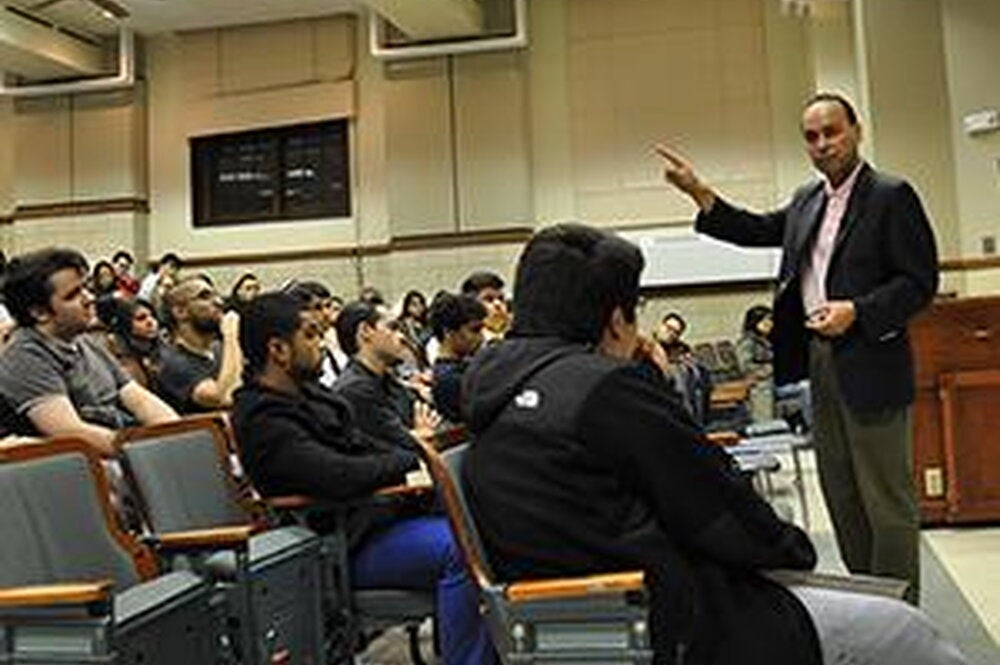

“Hip Hop and Punk Feminisms: Genealogy, Theory, Performance” rocked the University of Illinois campus on December 5-6, bringing together students, faculty, artists, and spectators from all over the U.S. to analyze and celebrate the roles of women of color and feminism in two genres rarely bought together in conversation—hip hop and punk.
Co-organized by Ruth Nicole Brown, Karen Flynn, Fiona I. B. Ngô, and Mimi Thi Nguyen, all faculty members of the Department of Gender and Women’s Studies (GWS), Nguyen says that the symposium began as a casual conversation she had with Ngô in fall 2012. At that time, Ngô had co-edited “Punk Anteriors,” a special issue of Women & Performance including essays by Ngô and Nguyen, and Brown had co-edited Wish to Live: The Hip Hop Feminism Pedagogy Reader. Brown was also teaching GWS 462: “Hip Hop Feminism,” which she conceived and developed.
“Hip hop is an art with distinct, complex, and exciting aesthetic practices,” Brown says. “It is the creative voice between our everyday lives, cultural resources, media we consume and create, and our dreams for gender justice and freedom that motivated the very best course discussions and assignments when I taught it.”
This fall, Flynn took over and expanded the course title to “Hip Hop Feminism Beyond the Nation State.” “Essentially, it’s about using hip hop feminism to talk about hip hop culture broadly conceived in other parts of the African diaspora and outside it,” says Flynn, who also teaches African American studies. Wanting students to have a broader perspective, she presented the course through the lens of transnationalism.
By bringing together scholarly presentations with musical performances and workshops at the recent symposium—which was standing room only at times—the organizers hoped the collaboration would “provoke new and exciting ideas for Illinois faculty and students as well as our fields of inquiry,” Flynn says.
Their program ranged from a dialogue on hip hop activism to a roundtable on women and archives in the digital age. Co-organizer Nguyen, who also teaches Asian American studies, put together a Storify archive of the tweets posted throughout the symposium.
“Given the dynamic research I have read by current graduate students, I believe that hip hop feminists’ futures are here and now making a unique, necessary, and refreshing contribution to interdisciplinary scholarship on a wide range of subjects,”Brown says.


